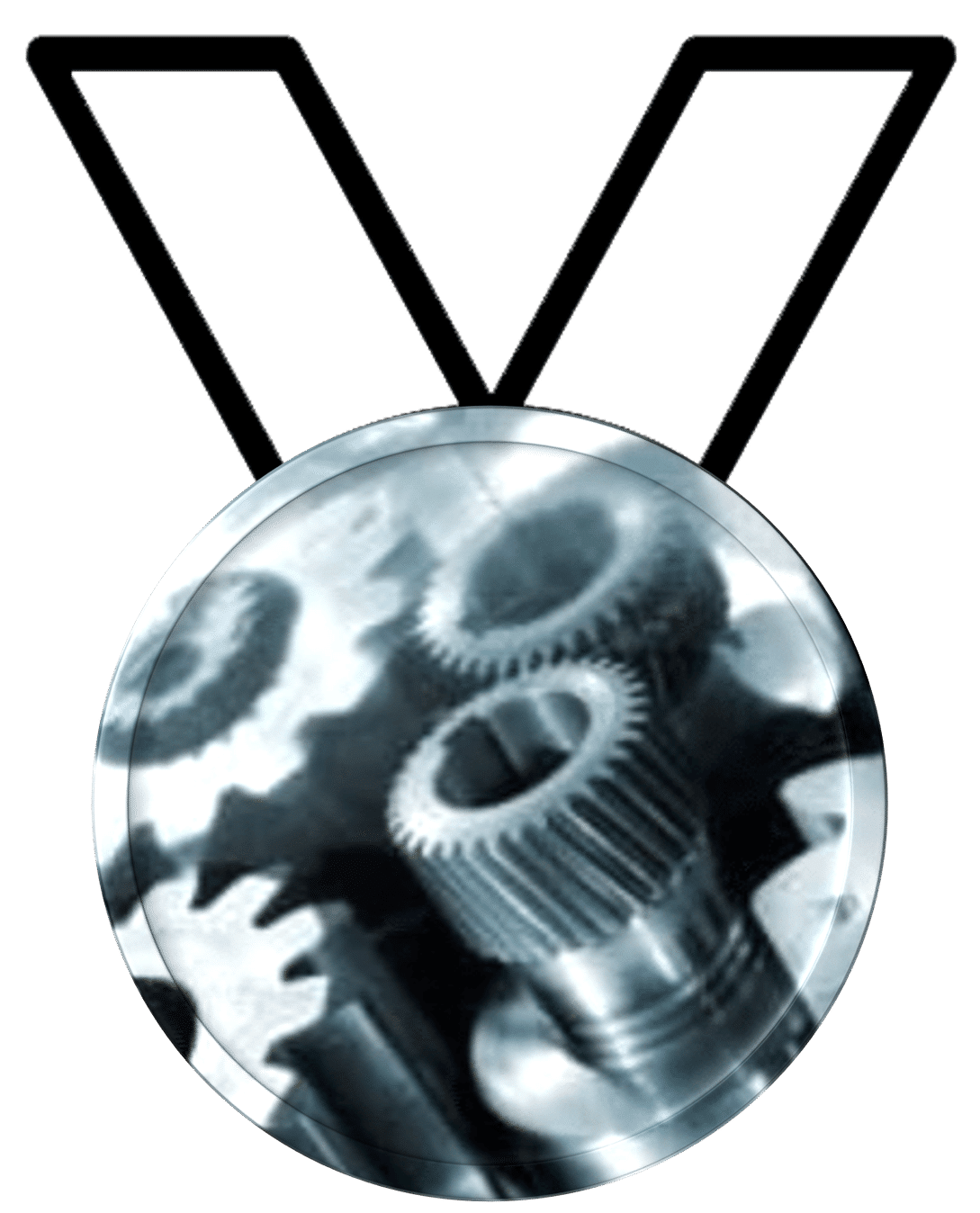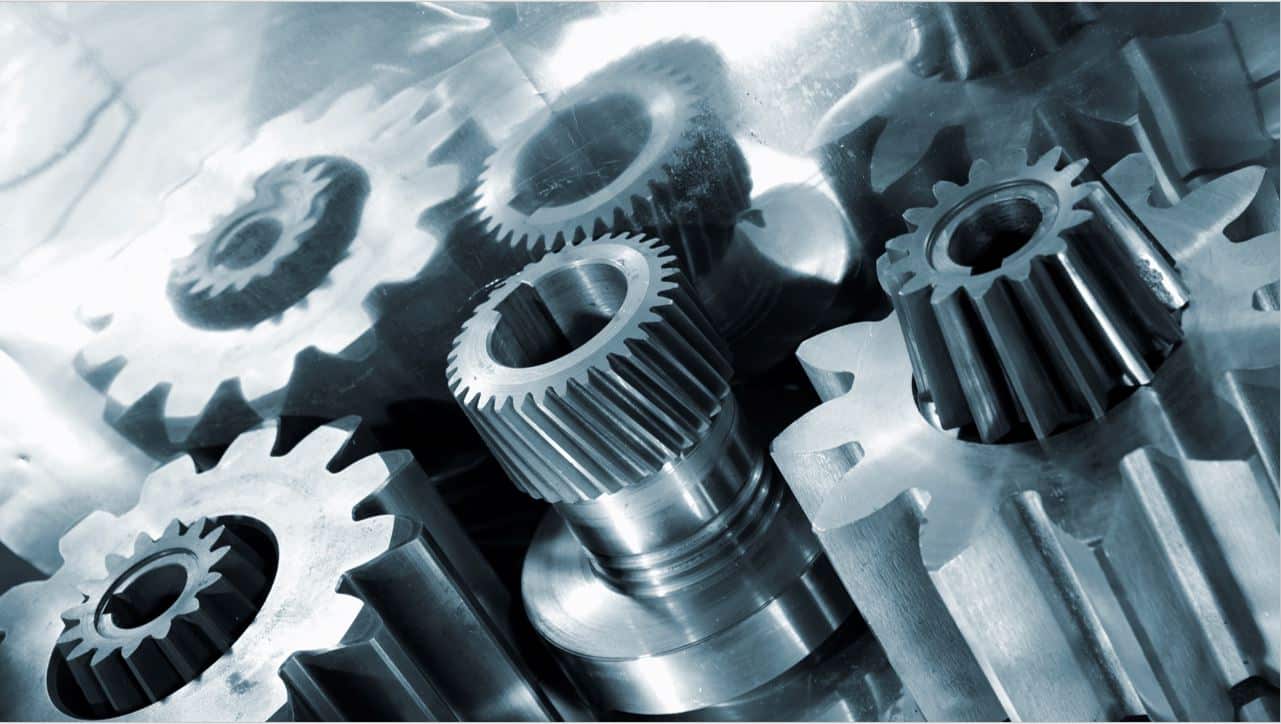
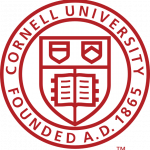 This SimCafe Structures Learning Track was developed by Dr. Rajesh Bhaskaran at Cornell University in partnership with Ansys. It serves as an e-learning resource to integrate industry-standard simulation tools into courses and provides a resource for supplementary learning outside the classroom. The following courses show how to solve structural problems using Ansys Mechanical. These tutorial-based courses follow the same high-level steps; starting with pre-analysis and ending with verification and validation. The successful completion of these simulation courses will provide a thorough understanding of how to set up a Structural simulation using Ansys Mechanical.
This SimCafe Structures Learning Track was developed by Dr. Rajesh Bhaskaran at Cornell University in partnership with Ansys. It serves as an e-learning resource to integrate industry-standard simulation tools into courses and provides a resource for supplementary learning outside the classroom. The following courses show how to solve structural problems using Ansys Mechanical. These tutorial-based courses follow the same high-level steps; starting with pre-analysis and ending with verification and validation. The successful completion of these simulation courses will provide a thorough understanding of how to set up a Structural simulation using Ansys Mechanical.
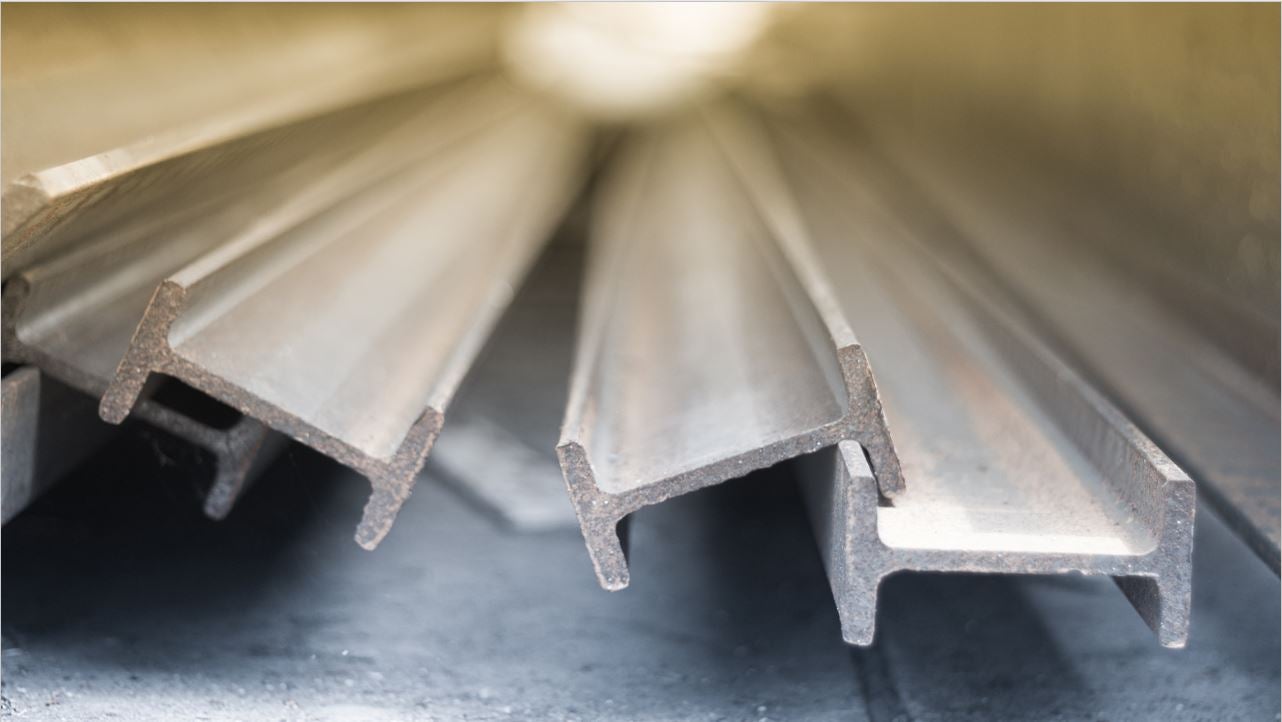
Innovation Course
Point Loading of Cantilever Beam
This SimCafe Structural Course was developed by Dr. Rajesh Bhaskaran at Cornell University in partnership with Ansys. It serves as an e-learning resource to integrate industry-standard simulation tools into courses and provides a resource fo...Read more
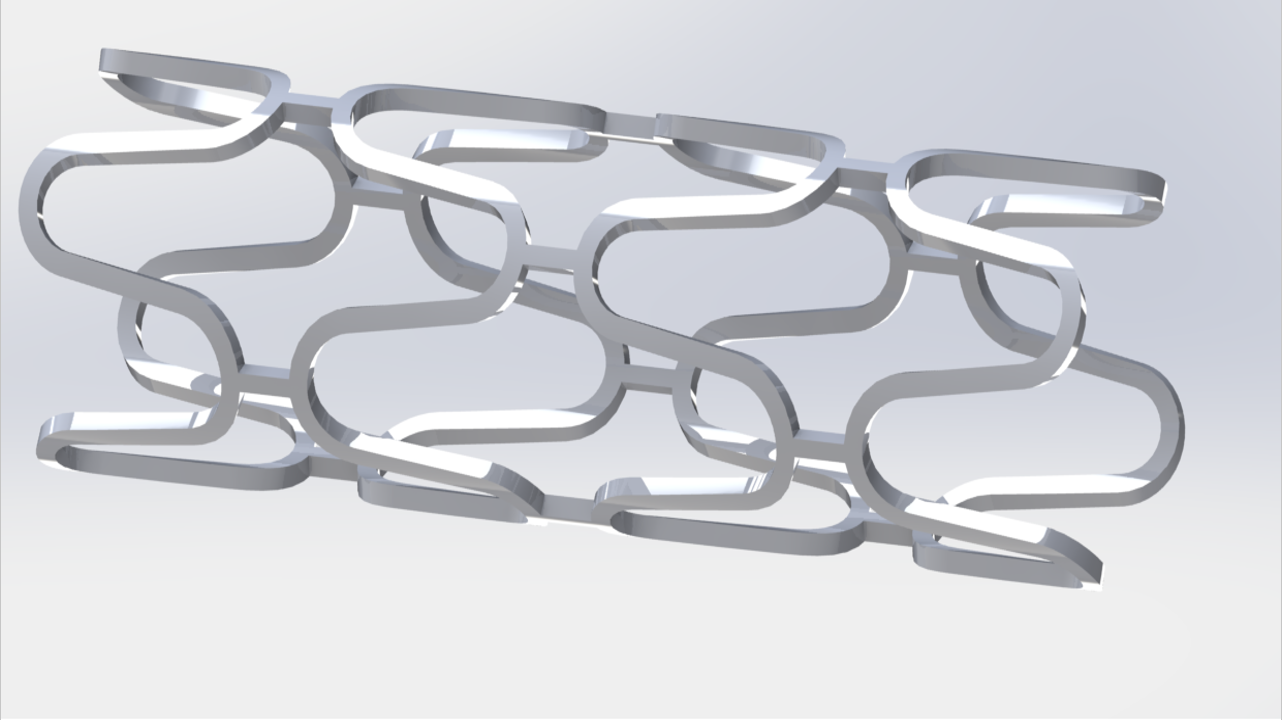
Innovation Course
Cardiovascular Stent
This SimCafe Structural Course was developed by Dr. Rajesh Bhaskaran at Cornell University in partnership with Ansys. It serves as an e-learning resource to integrate industry-standard simulation tools into courses and provides a resource for supplementary learning outside th...Read more
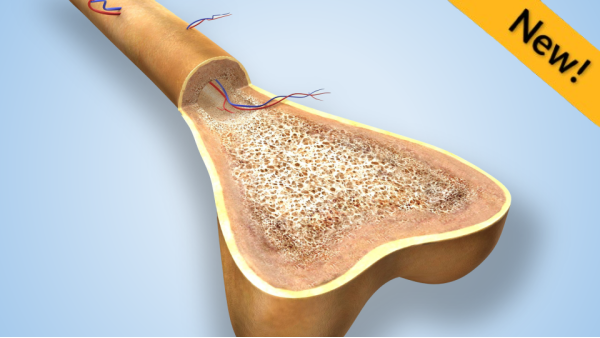
Innovation Course
Rat Femur
This SimCafe Structural Course was developed by Dr. Rajesh Bhaskaran at Cornell University in partnership with Ansys. It serves as an e-learning resource to integrate industry-standard simulation tools into courses and provides a resource for supplementary learning outside the classro...Read more
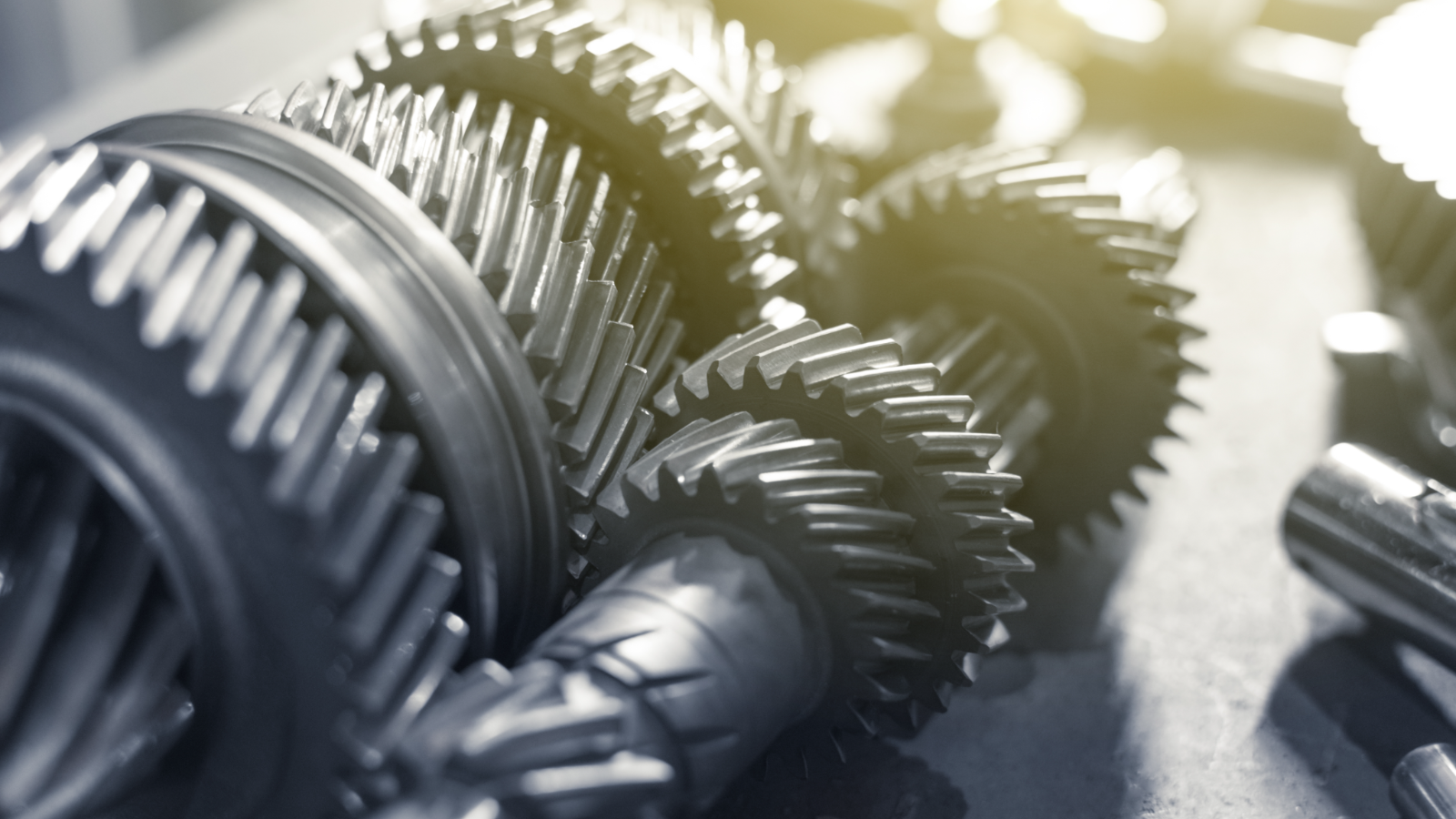
Innovation Course
A Stepped Shaft in Axial Tension
Stepped shafts are widely used in drive trains.They are generally holding large gears and cams, which are key elements in power transfer. Mostly supported by bearings at the end, the shaft experiences bending loads, axial thrust and torsional loads. The shaft mu...Read more
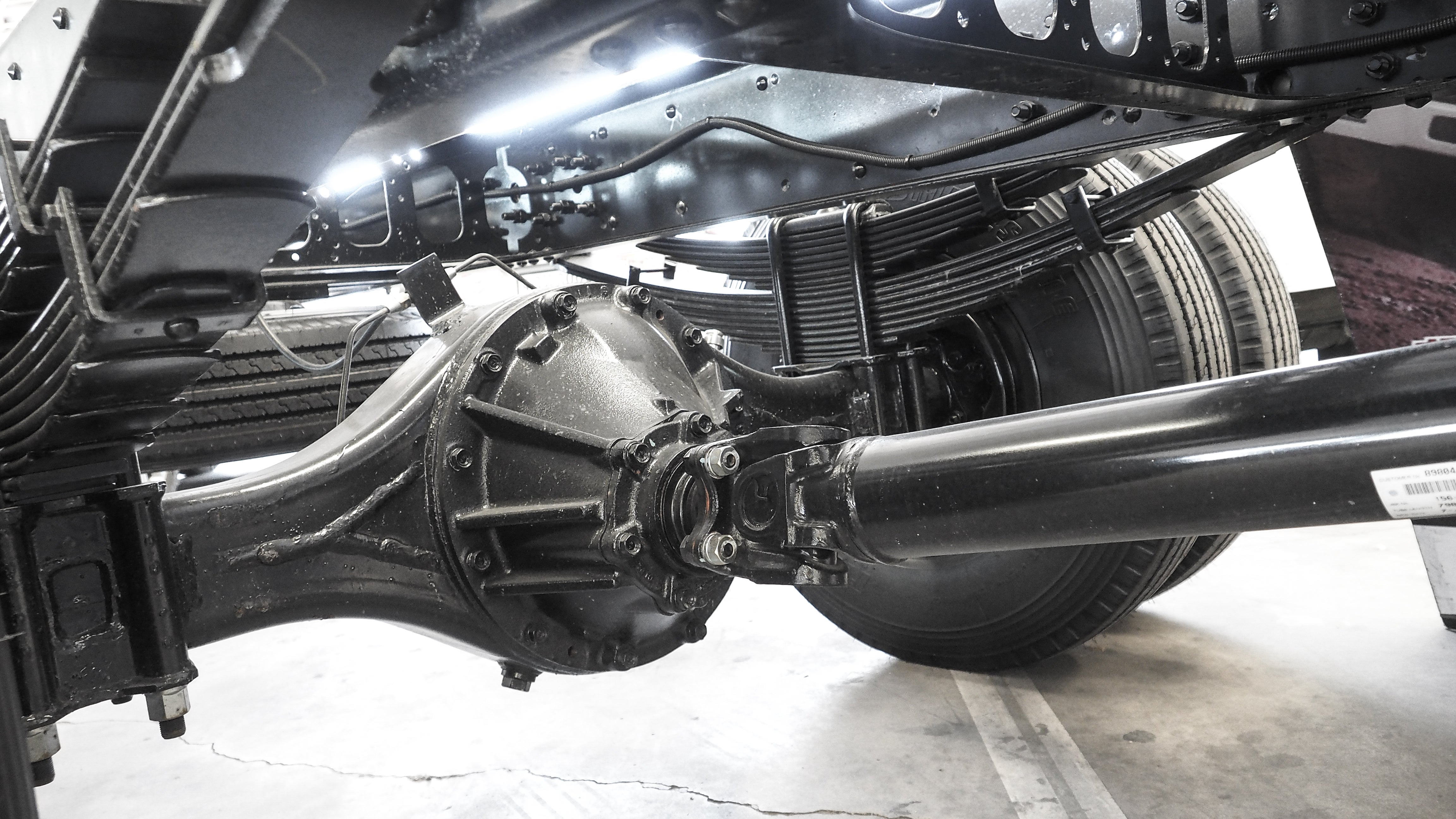
Innovation Course
A Four-Point Bend Test on a T-Beam
Four-point bending strength is performed to analyze the flexural strength of a material. This test is useful for materials that tend to crack (brittle failure) under the bending load (like composites, concrete beams, and car axles). A common example of such a ...Read more
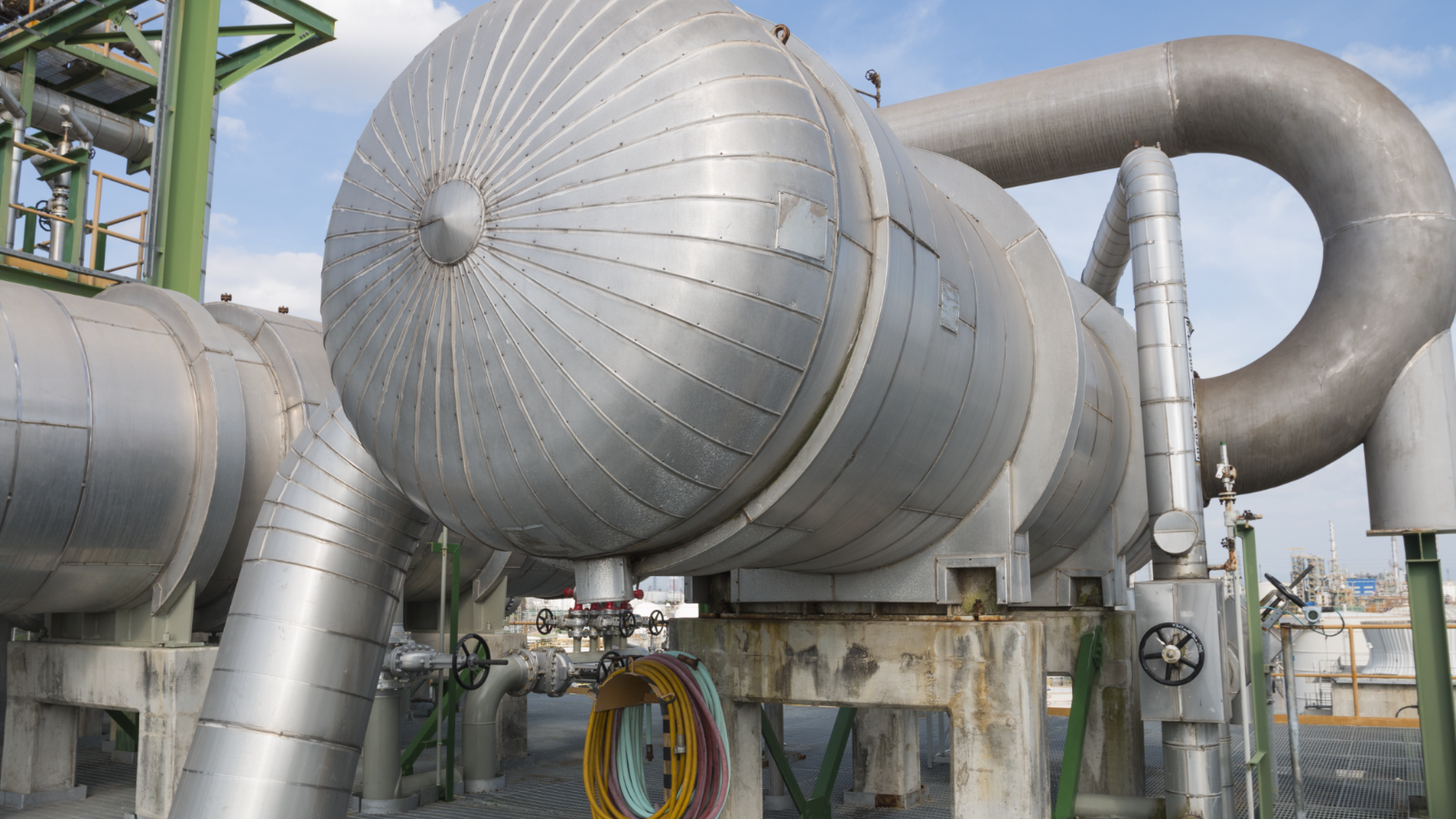
Innovation Course
Stresses in Pressure Vessels
Pressure vessels are used in transportation for storage of gases and liquids. The pressure inside is multiple times higher than the pressure outside, so they are called "pressure vessels". Spherical shapes are ideal for pressure vessels since they have a uniform stres...Read more
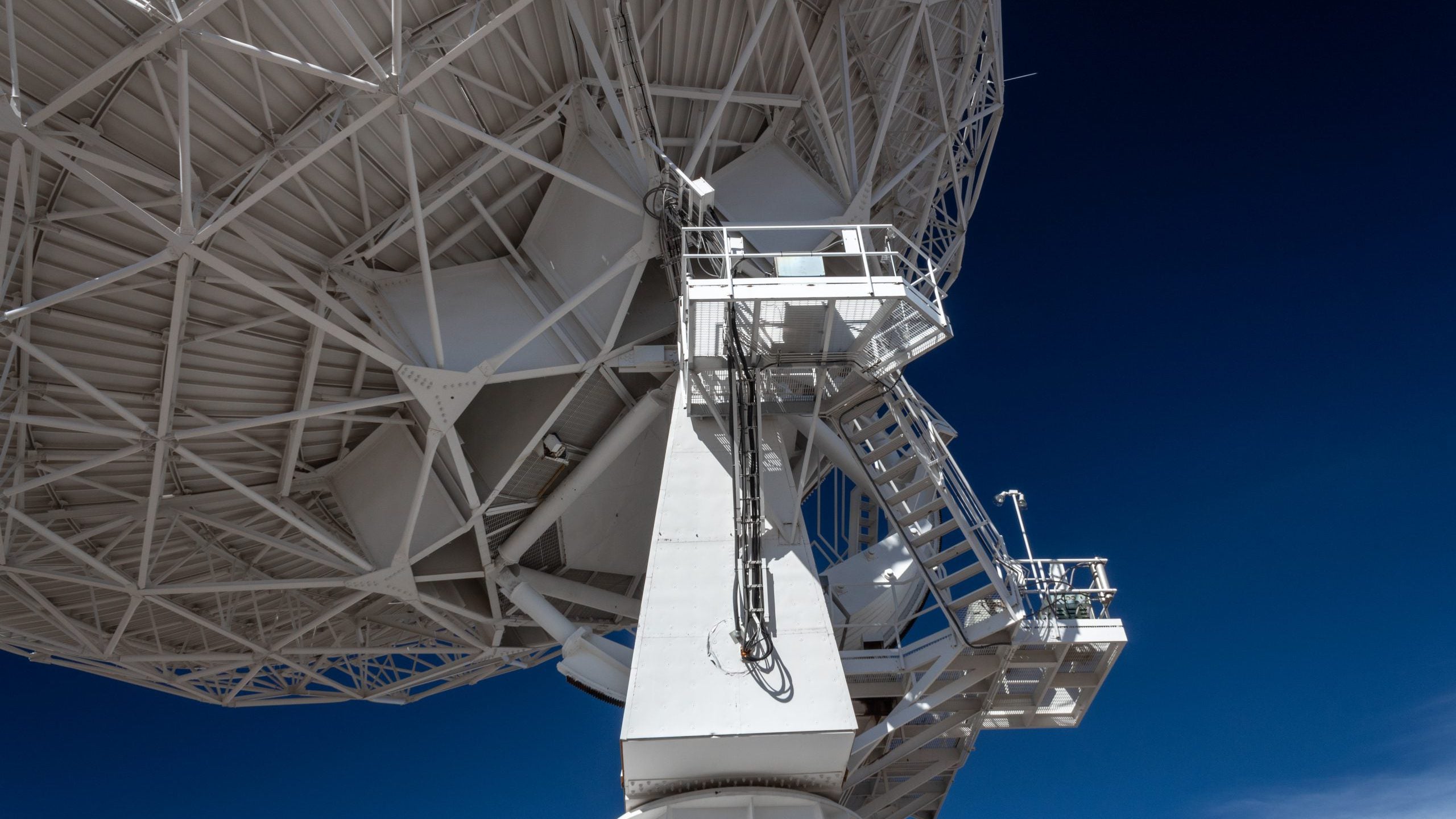
Innovation Course
FEA for Large Telescope Truss
This course demonstrates the structural analysis of a telescope truss model.The design of the telescope truss should be able to sustain dynamic loads and must be flexible enough to provide support for different motions. It has to withstand varying loads due to gravit...Read more
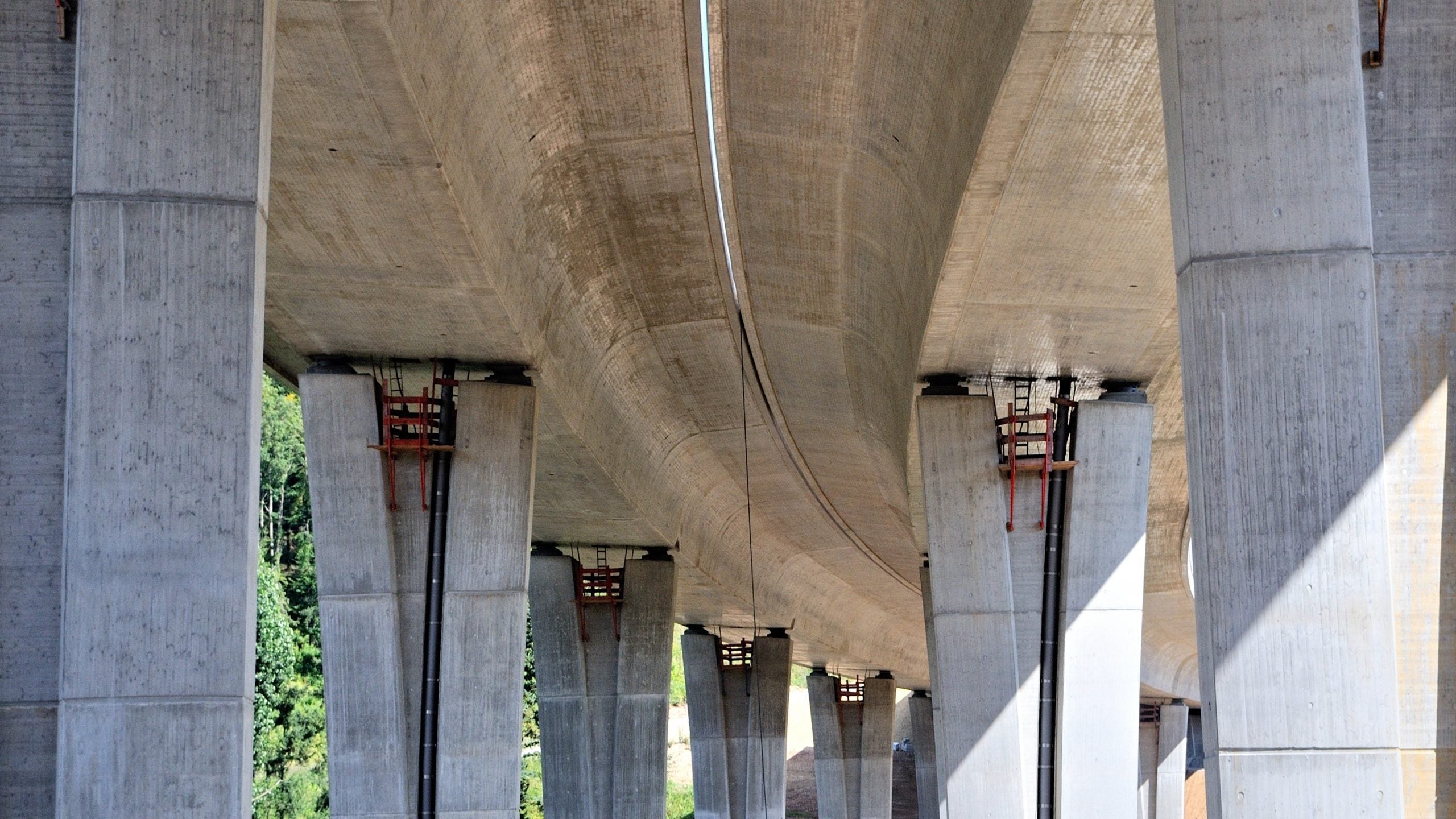
Innovation Course
Linear Column Buckling
Buckling analysis is important as buckling happens suddenly which can create catastrophic failure. Buckling analysis calculates the buckling load factor and associated mode shapes. The buckling load factor multiplied by the applied load gives the magnitude of the compressi...Read more
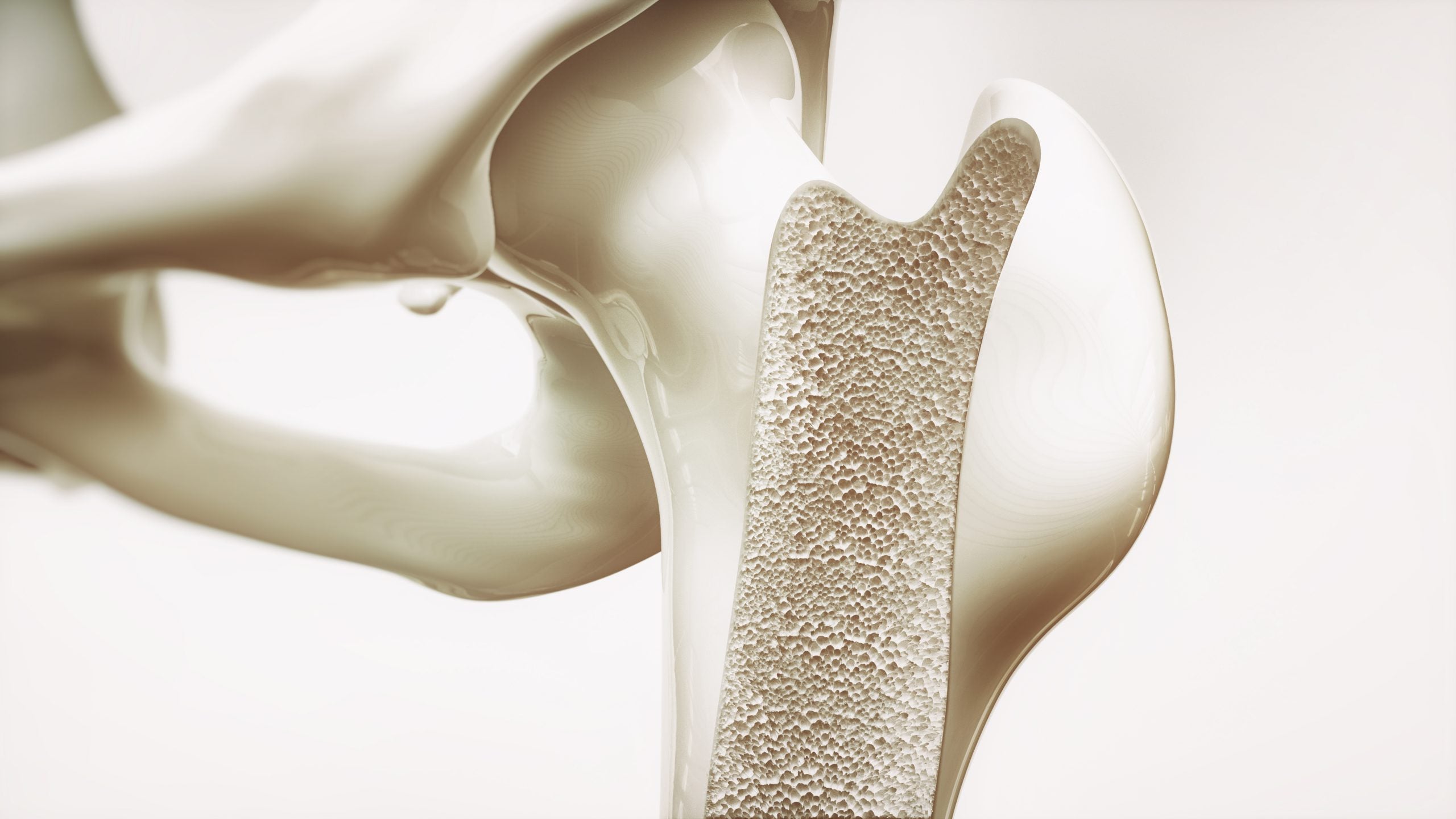
Innovation Course
High Resolution FE Model of Bone
FEA simulations are used to study the mechanical behavior of bone tissues.The real-life bone tissue model is obtained from CT scans. Multiple CT scans are merged together to create a 3D bone model. Bones/skeletons bear the structural loads that bodies encounter;...Read more
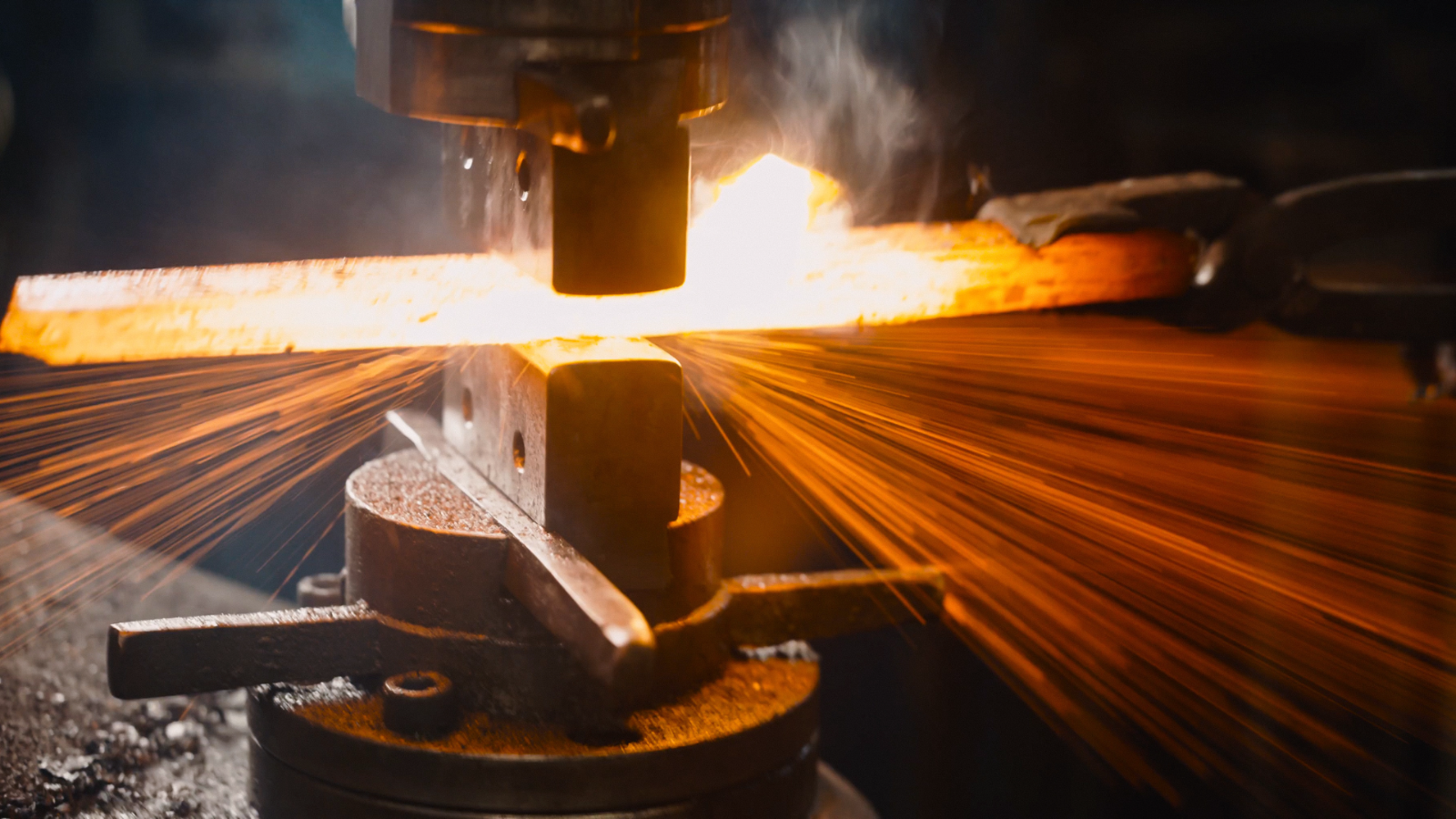
Innovation Course
Transient 2D Conduction
Time plays an important role in heat transfer. Any heat transfer phenomenon takes some time to reach a steady state. During this heat transfer process, the temperature of the body is either increasing or decreasing with time. In other words, the temperature is time-depen...Read more

Innovation Course
Modal Analysis of a Satellite
CubeSat is a smallscale cube-shaped satellite of approximate length scales equal to 10 cm. Their mass is roughly 1 kg per unit, and they are deployed in orbit around the earth for scientific research projects. These are generally secondary payloads on a launch vehic...Read more
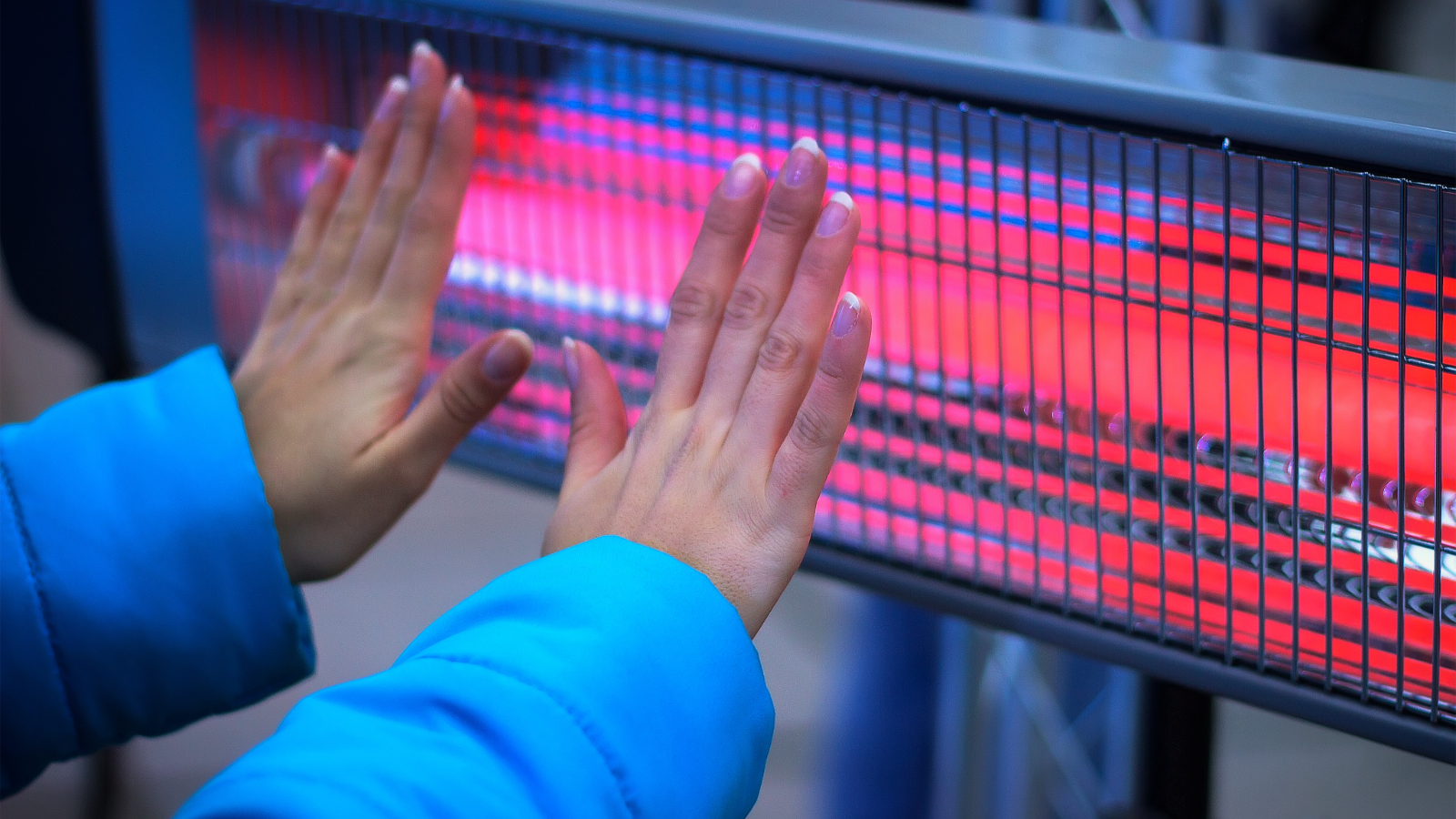
Innovation Course
Radiation Between Surfaces
A body at any temperature can exchange energy with its surroundings in the form of thermal radiation, which is characterized by the emission of electromagnetic waves from the body. It is the only mode of heat transfer that does not require a medium and can take place in...Read more
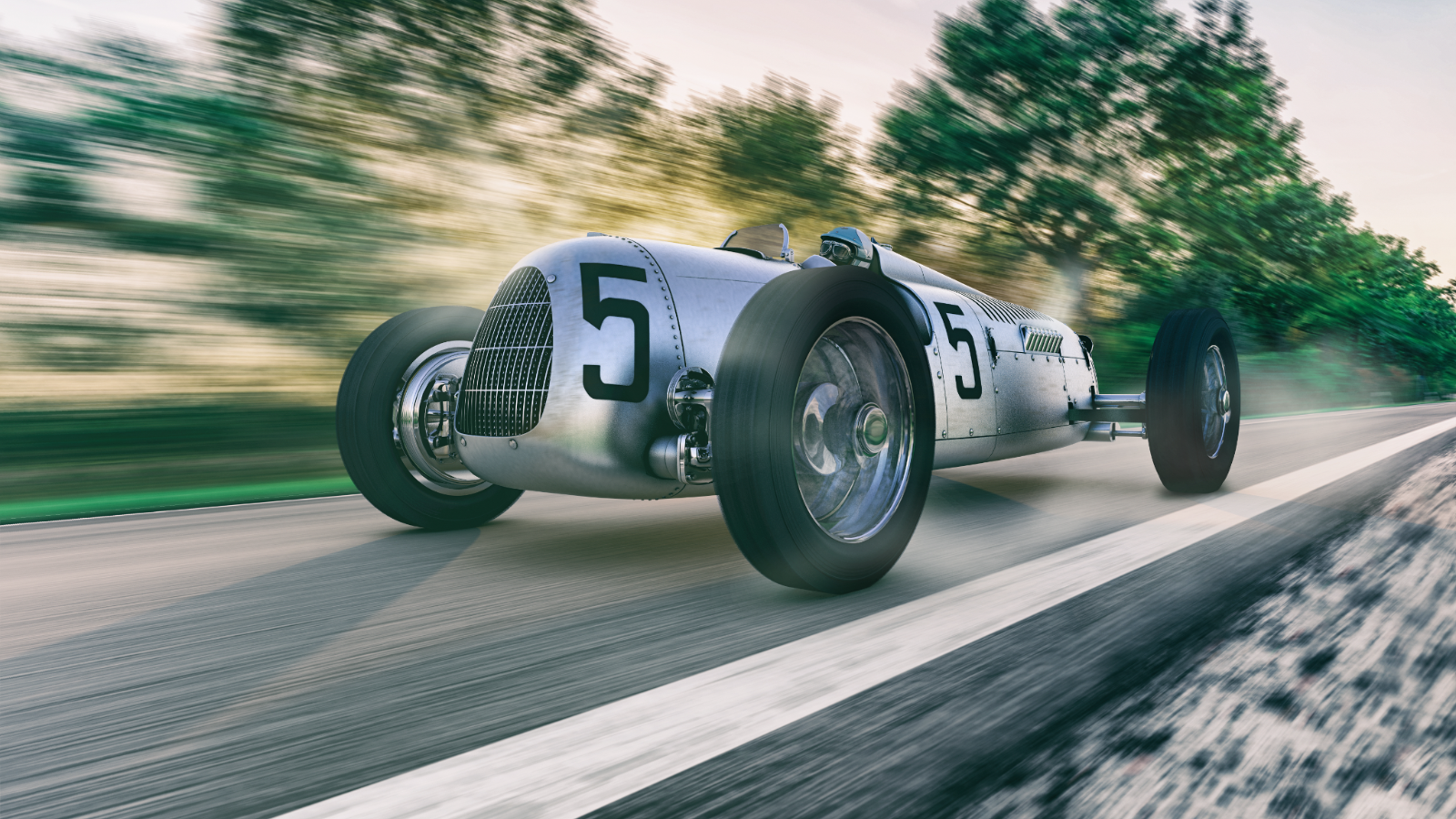
Innovation Course
Modal Analysis of a Monocoque
The monocoque, which is French for "single-shell," is a type of structure in which the object’s outer or external skin carries all the tensile and compressive stresses. These are typically used for boats, aircraft bodies, and, to a limited extent, in automotive c...Read more
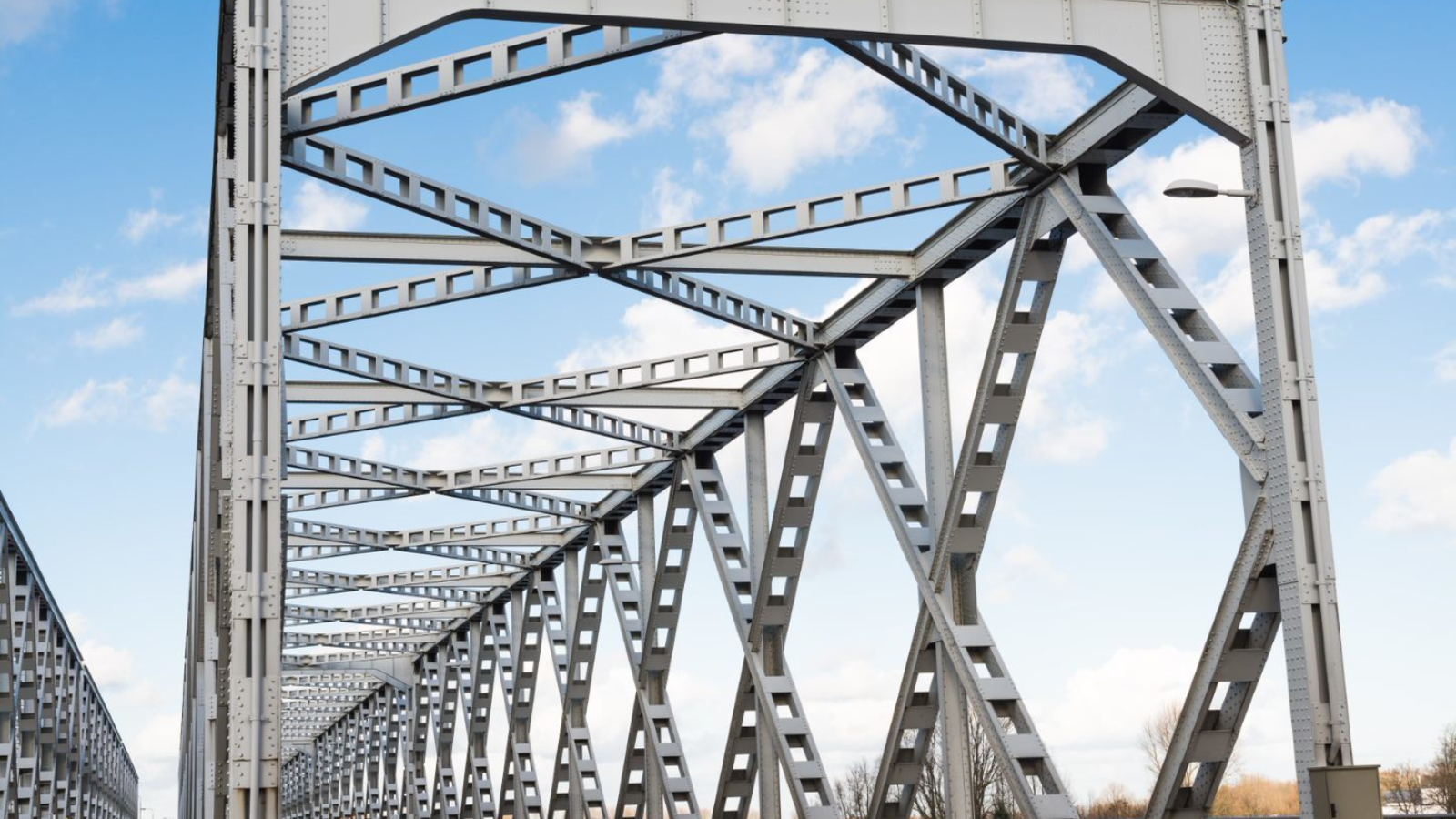
Innovation Course
Planar Approximations of a 2D Beam
Beams, in a variety of forms, are the backbone of many structures such as bridges, flyovers, and buildings. Structural analysis of these beams gives insights into the overall strength of these structures. Various methods are available in modern-day FEA tools cap...Read more

Innovation Course
Modal Analysis of a Wing
Aircraft wings experience vibrations due to aerodynamic forces, atmospheric turbulence, and flow shocks during aircraft takeoff, cruising, landing. Other sources of vibration include vibrations from the engine and gearbox. Excessive vibration of the wing can cause a cata...Read more
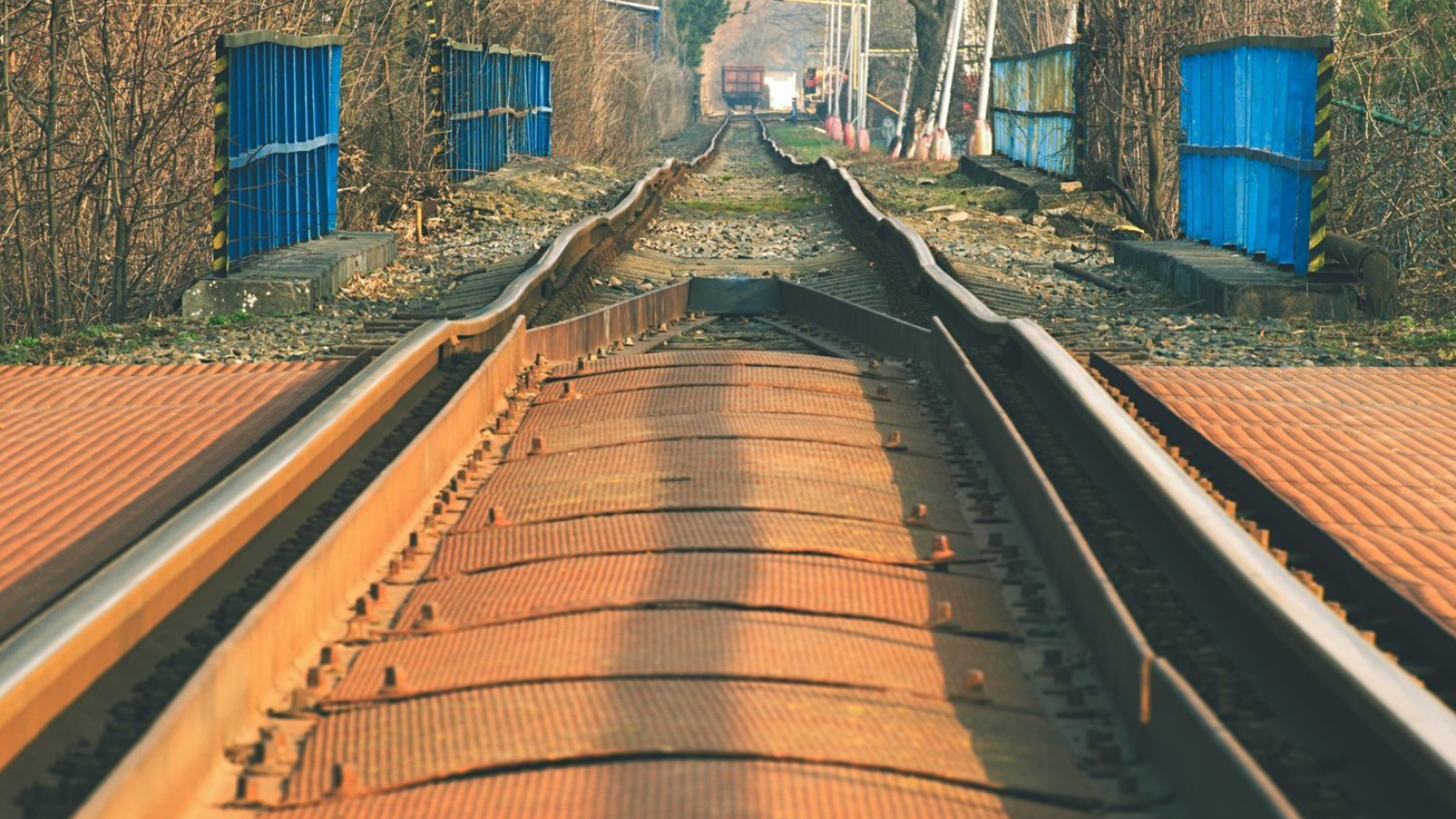
Innovation Course
Thermal Stresses in a Bar
Almost all bodies undergo thermal expansion i.e., their volume increases as the temperature of the body is increased. If these solid bodies are unconstrained, they can freely expand in all directions due to temperature rise. This thermal expansion is the reason for leavi...Read more

Innovation Course
Plate With a Hole Optimization
It is well known that Ansys software can simulate structural analysis such as statics, dynamics, nonlinear materials, and buckling analysis. The objective of solving and analyzing these problems is to estimate parameters such as stress and strain and predict if (or ...Read more
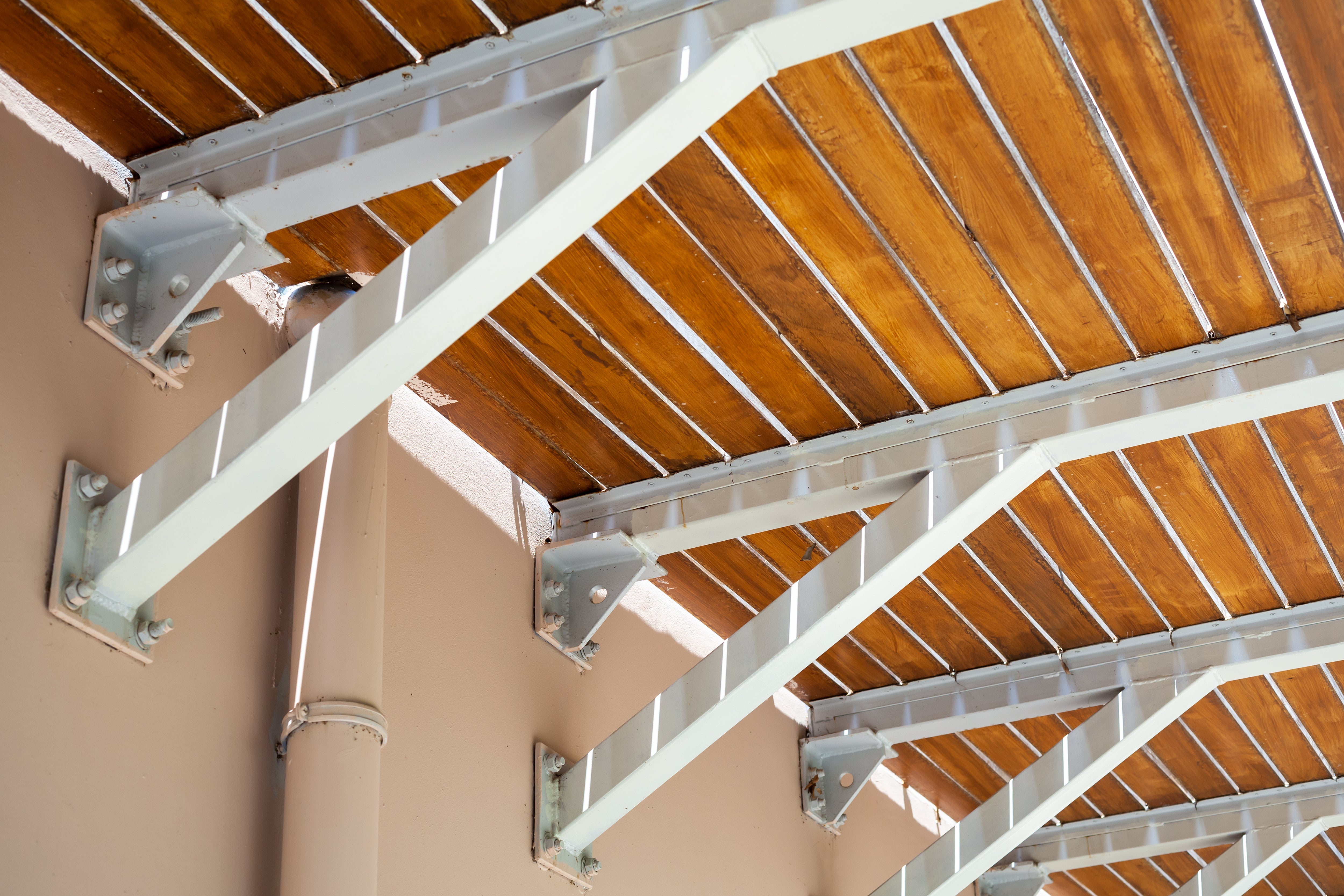
Innovation Course
Cantilever Beam Modal Analysis
When designing any system, it is important to have a sound knowledge of its naturally excited vibration frequency. If the structure experiences an external vibration in the same range as its natural frequency, this phenomenon is referred to as resonance, which can c...Read more
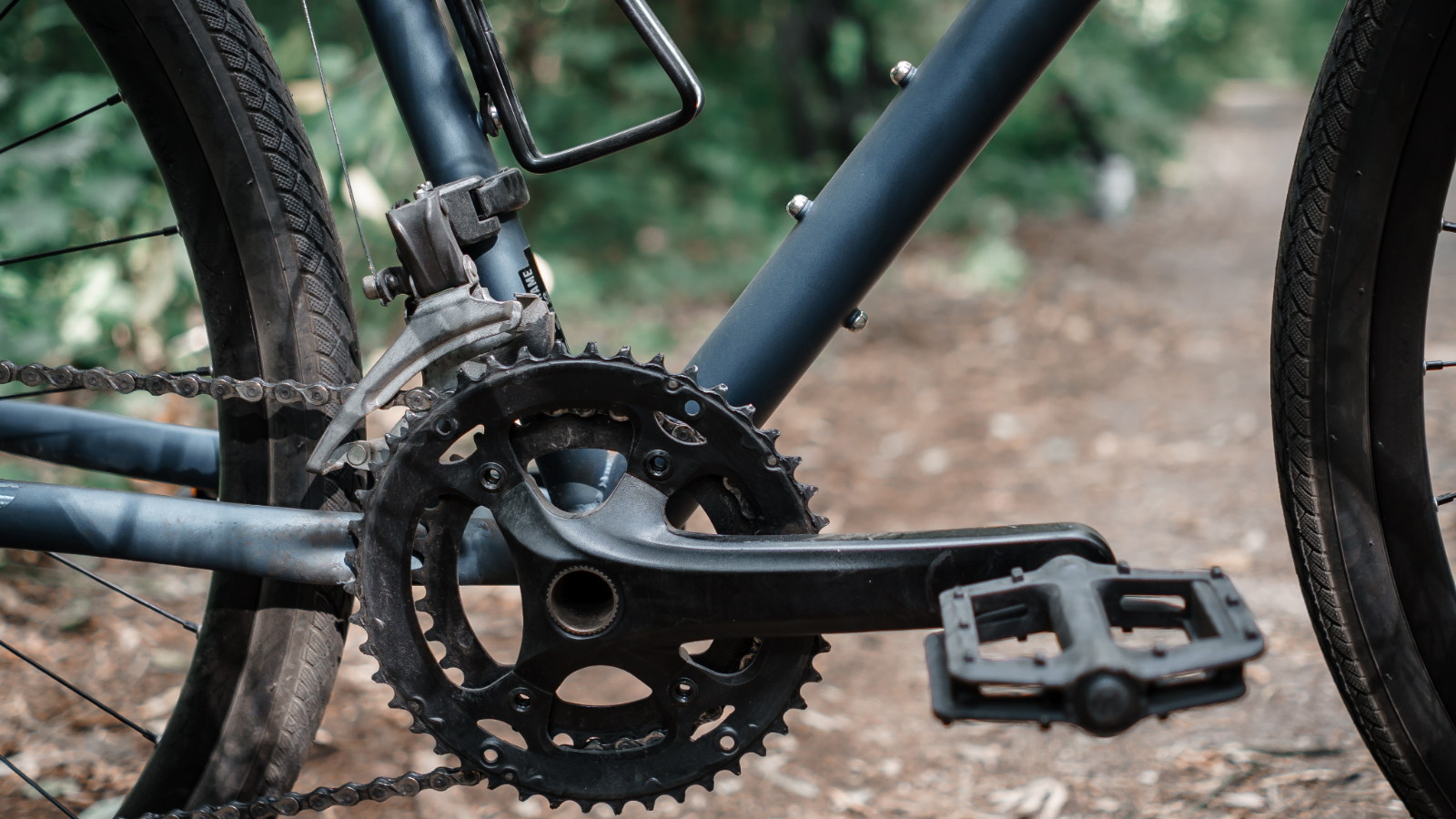
Innovation Course
Strain Analysis of a Bike Crank
A bike crank is a lever arm that gives the bicycle rider a mechanical advantage when pedaling. When the rider presses their feet on the pedals, the bike crank revolves and causes rotation of the sprocket wheel. This drives the chain, which in turn drives the rear w...Read more

Innovation Course
Combined Loading in a Signpost
Signposts on highways are generally supported by a single column structure. Depending on the size of the signpost, the load experienced by the signpost can be significant. A signpost is an example of a combined loaded structure, a struc...Read more

Innovation Course
Hertz Contact Mechanics
Contacts are essential means of transferring forces in any mechanical system. Although the mechanical components are designed to sustain the operating forces, special care must be taken for the contacts as they are found in very small areas. Because of this, the transferre...Read more
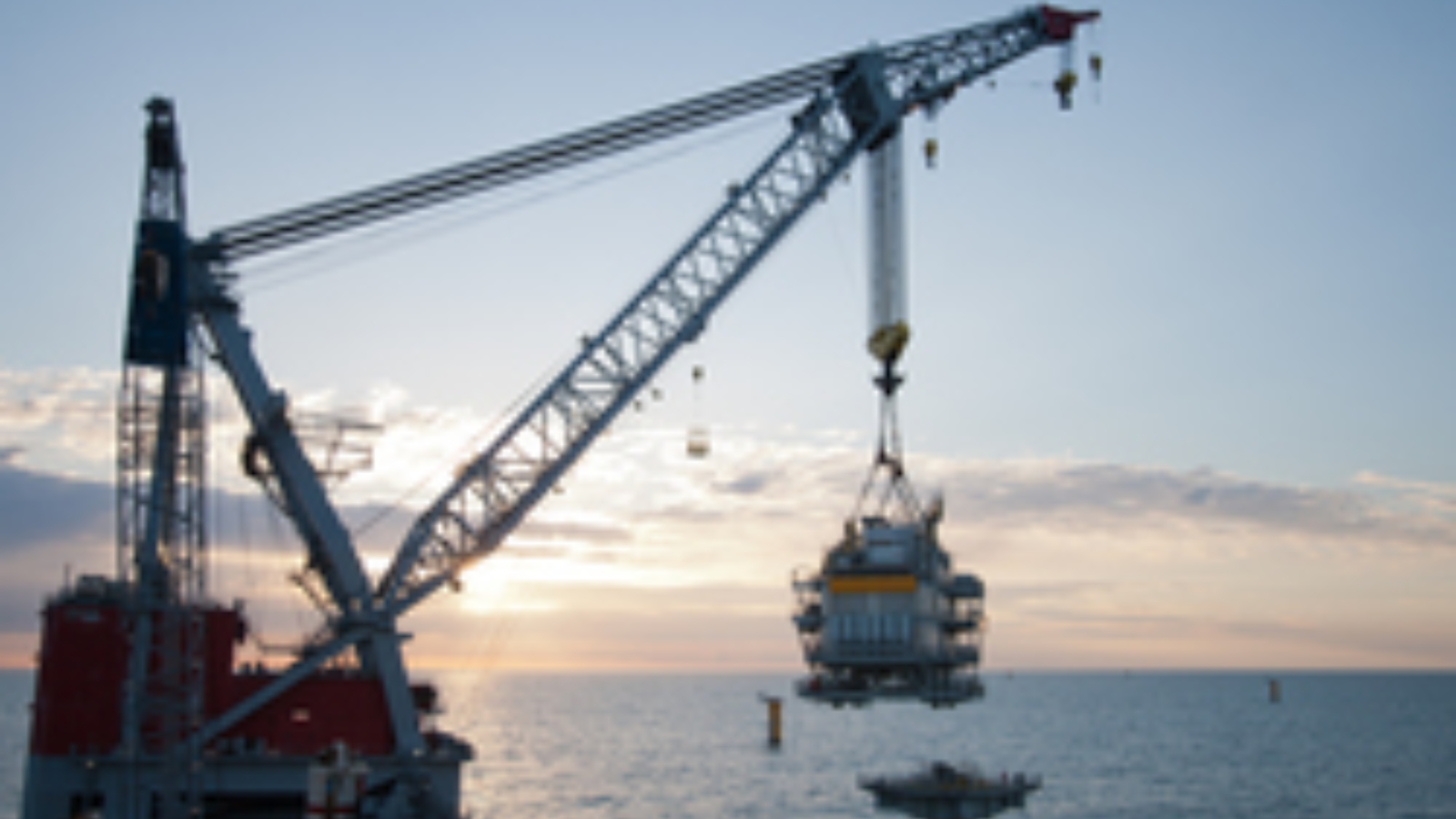
Innovation Course
Stresses Due to Gravity
The force acting on a structure under the influence of gravity is commonly called the gravitational force. When designing the structure, it is important to take the gravitational force into account. Even in the absence of external operating loads, th...Read more
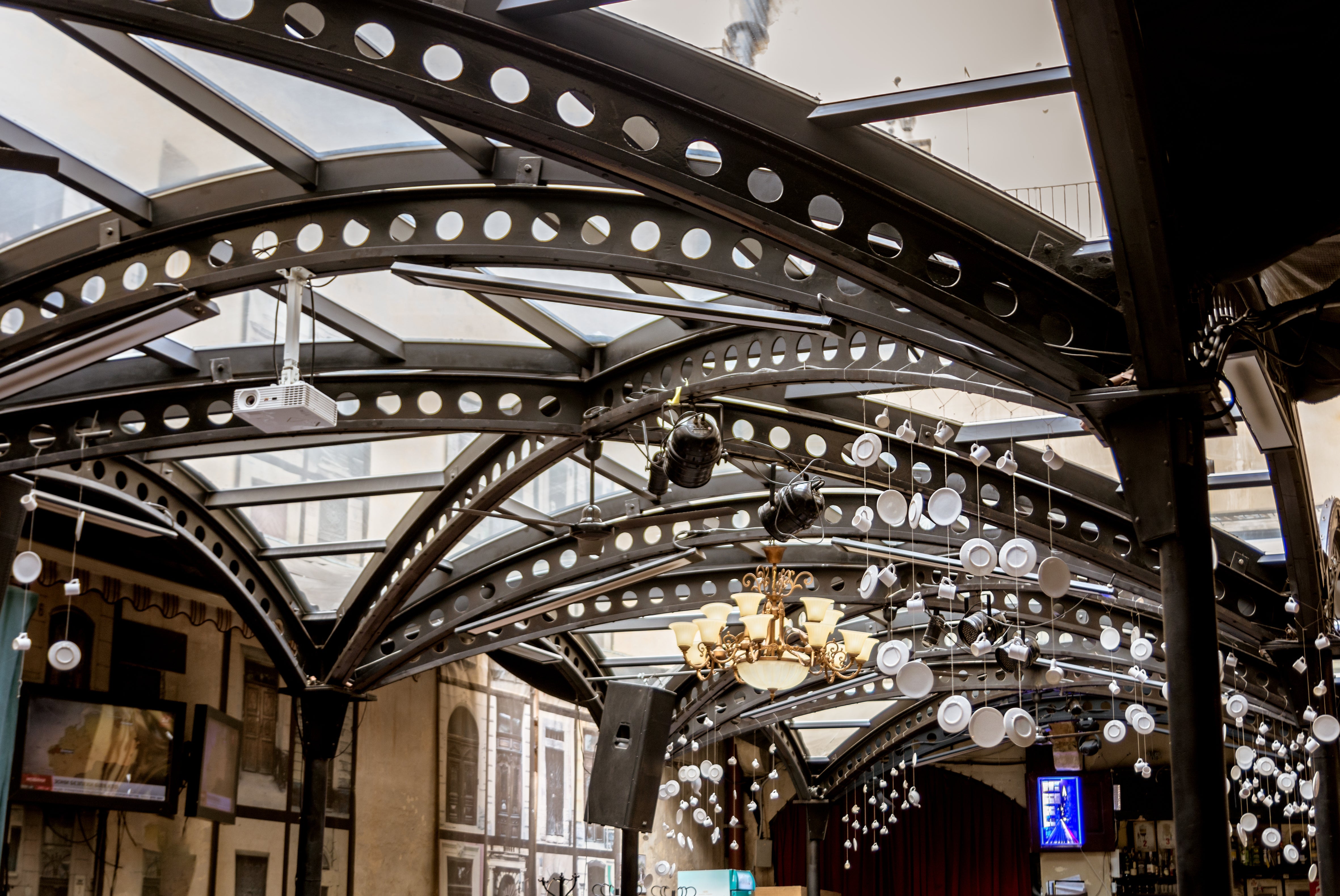
Innovation Course
Bending of a Curved Beam
Ansys simulation results closely match with the beam theory when a structure is modeled using beam elements. This is one of the many reasons for the widespread usage of this simplification. Generally, the solution in Ansys Mechanical is calculat...Read more
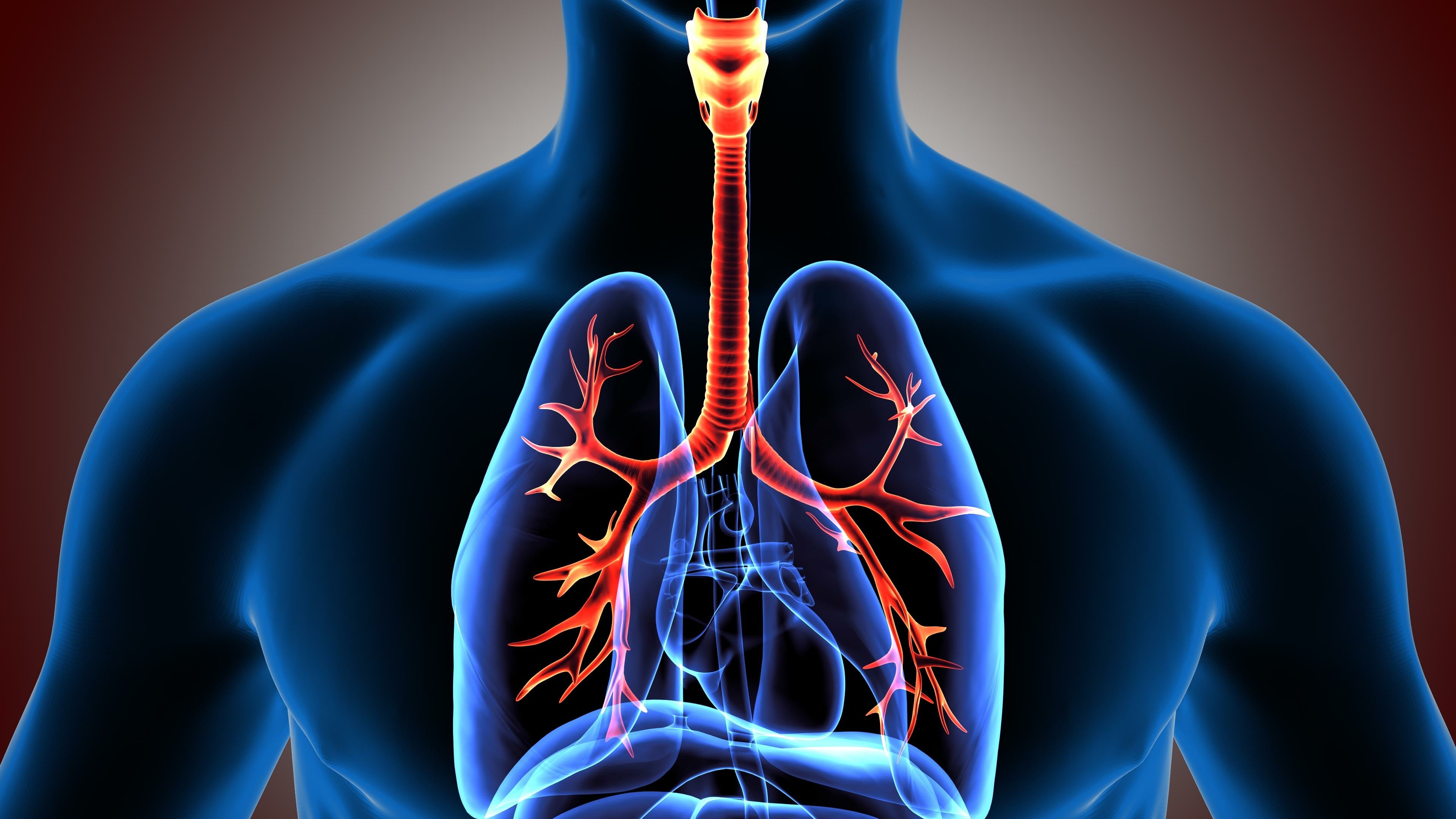
Innovation Course
Structural Analysis of a Trachea
The trachea, commonly known as the windpipe, is a cartilage tube that connects the larynx, which is an organ in the neck, to the bronchi tubes in the lungs. It is formed by several rings called tracheal cartilages. Each ring is connected to muscle and connectivi...Read more

Innovation Course
3D Conduction
A current passing through a metal heats it up in what is commonly called Ohmic heating. In this phenomenon, the metal heats up because of the electrical resistance offered by the metal to the flowing current. As this heating continues, the temperature of the metal becomes uniform th...Read more
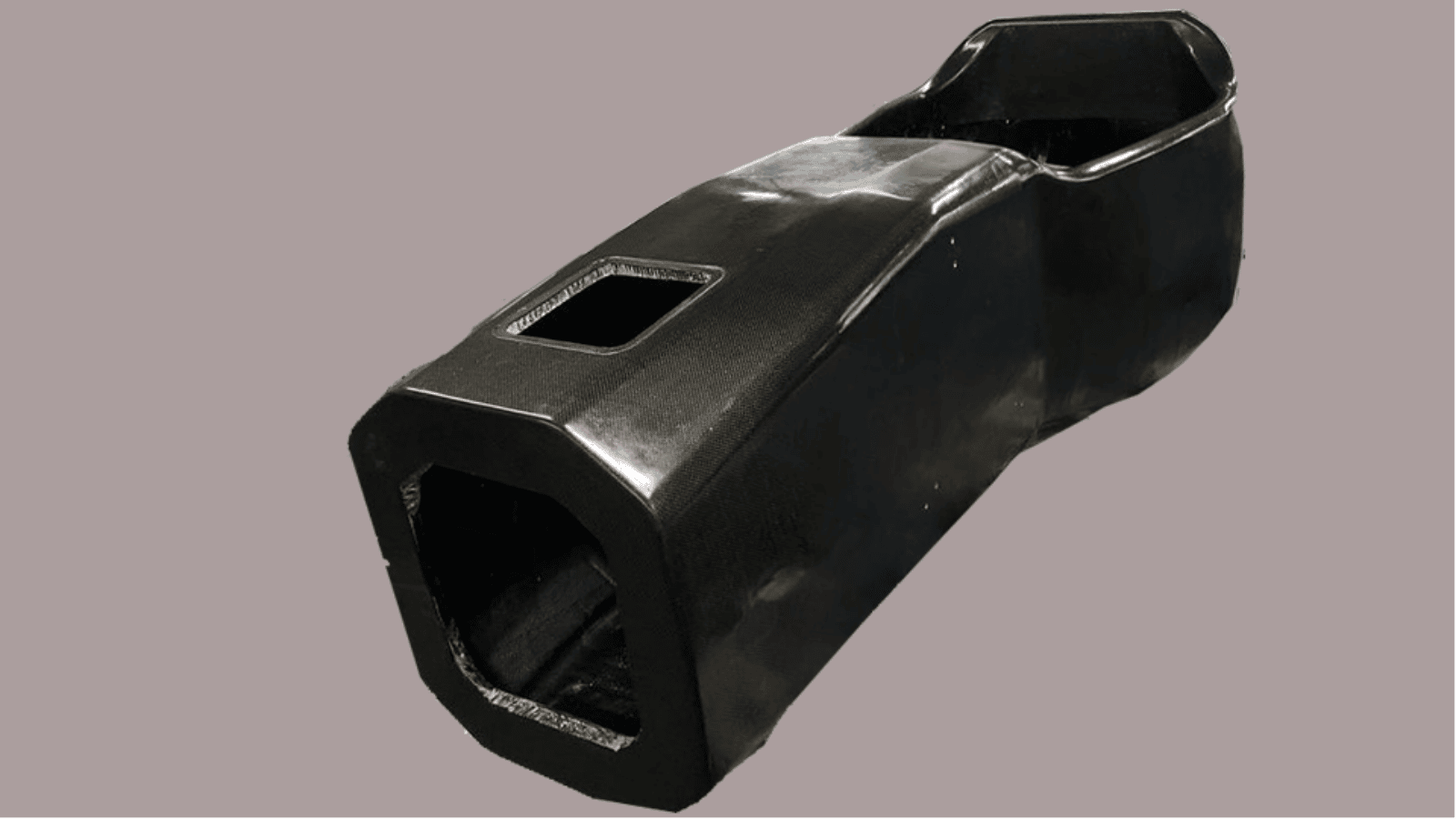
Innovation Course
FSAE Composite Monocoque Chassis
Composite materials play a huge role in producing the next generation of racing vehicles. Like international motorsports teams that incorporate composite materials heavily in the vehicle, many Formula SAE teams are shifting to composite monocoque c...Read more

